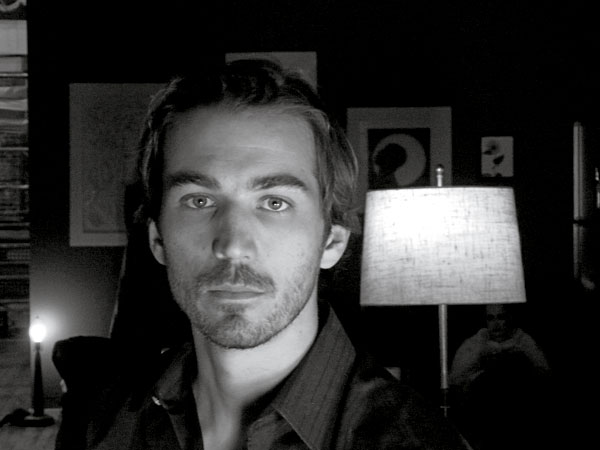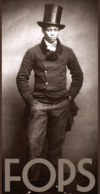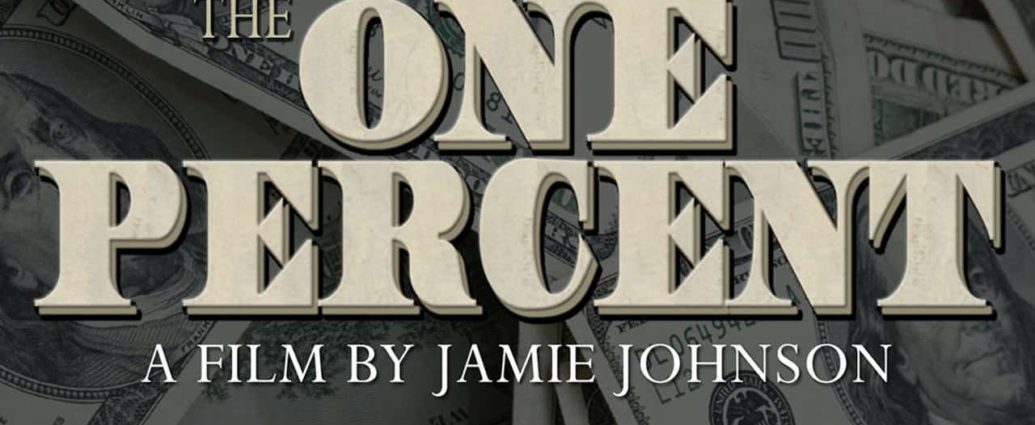
TELEVISION REVIEW
A Gaping Divide: Straddling Capitalism’s Fault Line
Jamie Johnson, an heir to the pharmaceutical fortune that bears his family’s name, has made a career out of retailing his wealth guilt, and so far the results have been anything but shameful. In “Born Rich,” shown on HBO in 2003, young people living on ancestral largess spoke insightfully, candidly, obnoxiously about the joys and agonies of their circumstances. The film garnered Mr. Johnson two Emmy nominations, and he deserved them. It also won him a chance to try his hand again, this time with “The One Percent,” another documentary, which arrives with the goal of examining the great, gaping disparity in wealth that severs the American soul.
To accomplish his current mission (the film will be shown Thursday on Cinemax), Mr. Johnson moved from Regency-style rooms to cracked sidewalks, extending himself to capitalism’s biggest beneficiaries and poorest victims. That he probes the first camp with greater depth says a lot about the comfort he feels among his own kind, even as the film tries to persuade us of his disillusion.
Mr. Johnson triumphs when he titillates. Although he sits down to speak seriously about economic inequity with the likes of Ralph Nader and the former labor secretary Robert B. Reich, he reaches the heights of his reportorial talent extracting offensive expressions of cluelessness and self-satisfaction from the moneyed and powerful.
Here is the Kinko’s founder Paul Orfalea on why he wouldn’t mind getting even richer: “Well, one day I’d like to go to the Moon and look at the planet Earth and say, ‘Wow, there’s part of my portfolio.’ ” The Michael Moore fantasy just keeps going. Here is Mr. Orfalea talking about his random acts of charity: “I don’t usually give homeless folks money. Unless a homeless person is playing music or trying to better themselves, selling pencils or doing something, I generally don’t do much.”

There is a chance that these comments have been taken out of context. For all we know Mr. Orfalea may be financing six orphanages in Rwanda right now, but whatever the truth of his philanthropy, his remarks give substance to the prejudice that the extraordinarily well off behave obliviously and as if immune to judgment.
That rich people get in trouble by talking too much was made evident in Mr. Johnson’s previous film. In a particularly surprising moment we learn that Nicole Buffett, a granddaughter of Warren E. Buffett who works as a household organizer for a wealthy family in San Francisco, has been excommunicated by her grandfather simply for participating in Mr. Johnson’s current project. She holds a letter from him explaining that he no longer considers her part of the family.
Mr. Johnson’s film suffers from his insistence on trying to get his father, James Loring Johnson, to talk about his wealth. He has no interest, and Jamie Johnson’s badgering winds up seeming like the pestilence borne of entitlement. When the family’s asset manager, Brian McNally, gets him to back off by calling him “an arrogant trustifarian,” you’re just not sad.
Such immaturity turns up elsewhere, primarily when it seems that Mr. Johnson thinks he is telling us something we don’t already know. The film’s implicit presumption is that the viewer has very little idea that a tiny percentage of the American population the 1 percent controls the majority of the wealth, and that poor people suffer because of it. The cuts between images of lives high and low (he goes to private clubs and Palm Beach; he interviews people in the projects on the South Side of Chicago and flashes scenes of a post-Katrina New Orleans) are so abrupt and jarring that the film almost seems to be saying: “Like, Omigod! There are all these people who play croquet, and then there are, like, these guys who don’t have anything and are forced to drive cabs.”
THE ONE PERCENT
Cinemax, Thursday night at 6:30, Eastern and Pacific times; 5:30, Central time.
Directed by Jamie Johnson; produced and written by Jamie Johnson and Nick Kurzon; Mr. Kurzon, director of photography; Mr. Kurzon, Michael Levine and Matthew Hamachek, editors; music by Robert Miller. For HBO Documentary Films: Geof Bartz, consulting editor; Sara Bernstein, supervising producer; and Sheila Nevins, executive producer.



Poverty is not a burden of government; poverty is a product of government (policies and priorities). This is what I gathered from this movie.